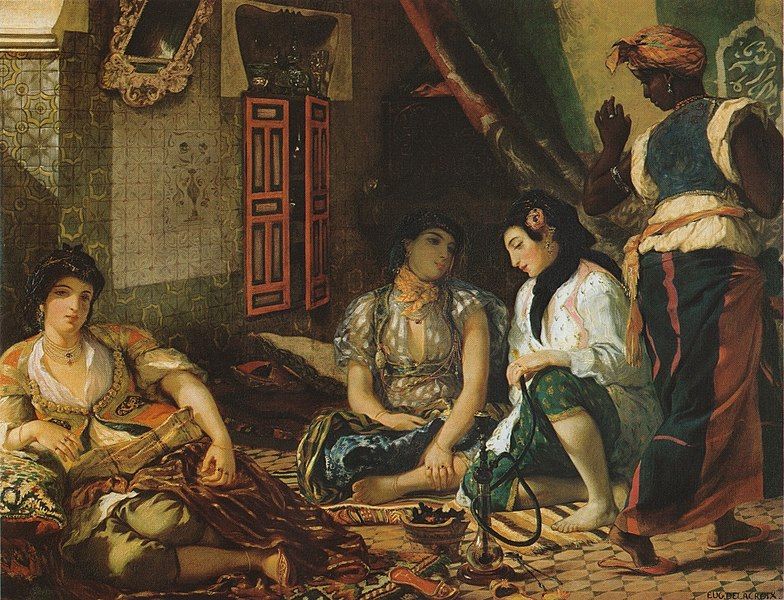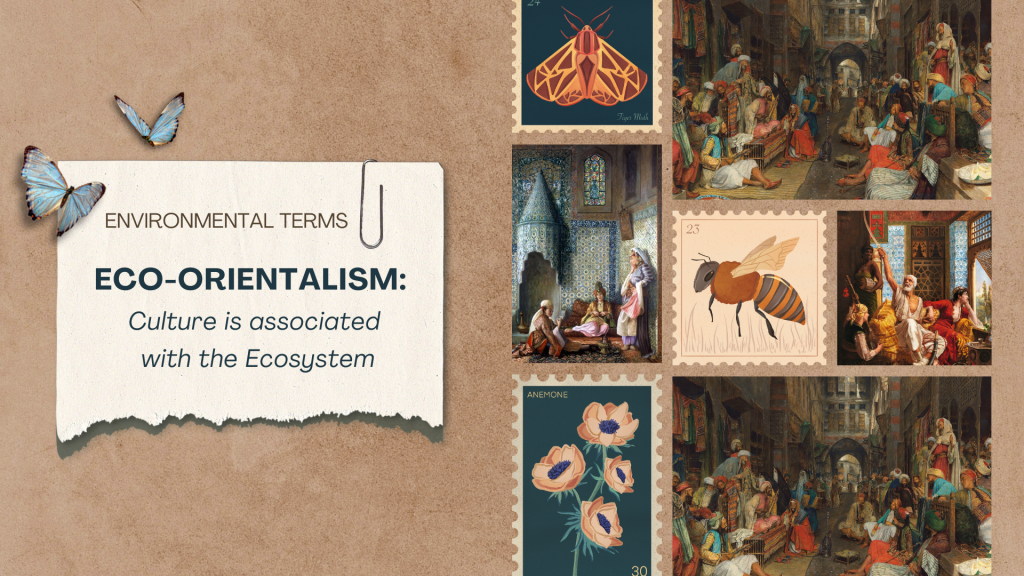- “Orientalism” and the worldview around it
In art history, literature, and cultural studies, Orientalism is the imitation or description of aspects of the Eastern world. These depictions are often made by writers, designers, and artists from the Western world. Orientalist painting, in particular, depicts the Middle East, and it was one of the many specialties of 19th-century academic art, the literature of Western countries was influenced by a similar interest in these subjects. Oriental theme.
By 1978, many scholarly discourses had begun to use the term “Easternism” to refer to the general patronage of the West towards Middle Eastern, Asian, and North African societies. According to Said’s analysis, the West views these societies as static and undeveloped—thus creating a view of Eastern culture that can be studied, described, and reproduced in the service of imperial power. Underlying this fabrication, Said writes, is the idea that Western society is developed, rational, flexible, and superior. This allows the Western imagination to view “Eastern” cultures and people as both attractive and a threat to Western civilization.

(Eugène Delacroix, The Women of Algiers, 1834, Louvre, Paris)
The term Orientalism refers to the works of mostly 19th-century Western artists specializing in Eastern themes, created from their travels in West Asia, during the 19th century. At the time, artists and scholars were described as Orientalists, especially in France, where the dismissive use of the term “Orientalist” had become popularized by the art critic Jules-Antoine Castagnary. Despite society’s disdain for the expressionist style of art, the French Association of Oriental Painters was founded in 1893, with Jean-Léon Gérôme as honorary president; while in the UK the term Orientalist refers to “an artist”.
- What is Eco-orientalism?

Eco-orientalism brings together an interdisciplinary archive of literature, maps, visual art, and film to investigate how the Gulf Coast was built as an environmental, or “determined” place ecology through disconnecting people and places vulnerable to environmental agents, sea level rise from the country and its hypothetical safeguards. Among other studies, there is some suggestion that Eastern environmentalism in the Middle East can be overcome by including political ecology in the registry of historical sociological analysis. Re-socialization and historicalization of natural-society relationships avoid concretizing Descartes’ natural/social divide, giving historical sociology a better set of tools to navigate the current crisis. On the contrary, it argues that political ecology can benefit from acknowledging the role of geopolitical relations in the reproducible nature of society.
In general, we have not been able to find more specific definitions of eco-orientalism, but in terms of the connection between works of art, culture and history, and ecology, eco-orientalism refers to ecology’s connection with Orientalism through a worldview separate from climate and environmental influences.
[REFERENCE SOURCE]
- Victoria C. Bush. Eco-Orientalism: Settle-Colonial Fields of Knowledge in the Contemporary Climate Imagination. (2023). Louisiana State University and Agricultural and Mechanical College. DOI: 10.31390
- Tori Bush. Eco-Orientalism: Power Discourses on Isle de Jean Charles. (2022). ISLE: Interdisciplinary Studies in Literature and Environment, Volume 29, Issue 2, Summer 2022, Pages 248–259.



 Tiếng Việt
Tiếng Việt 日本語
日本語